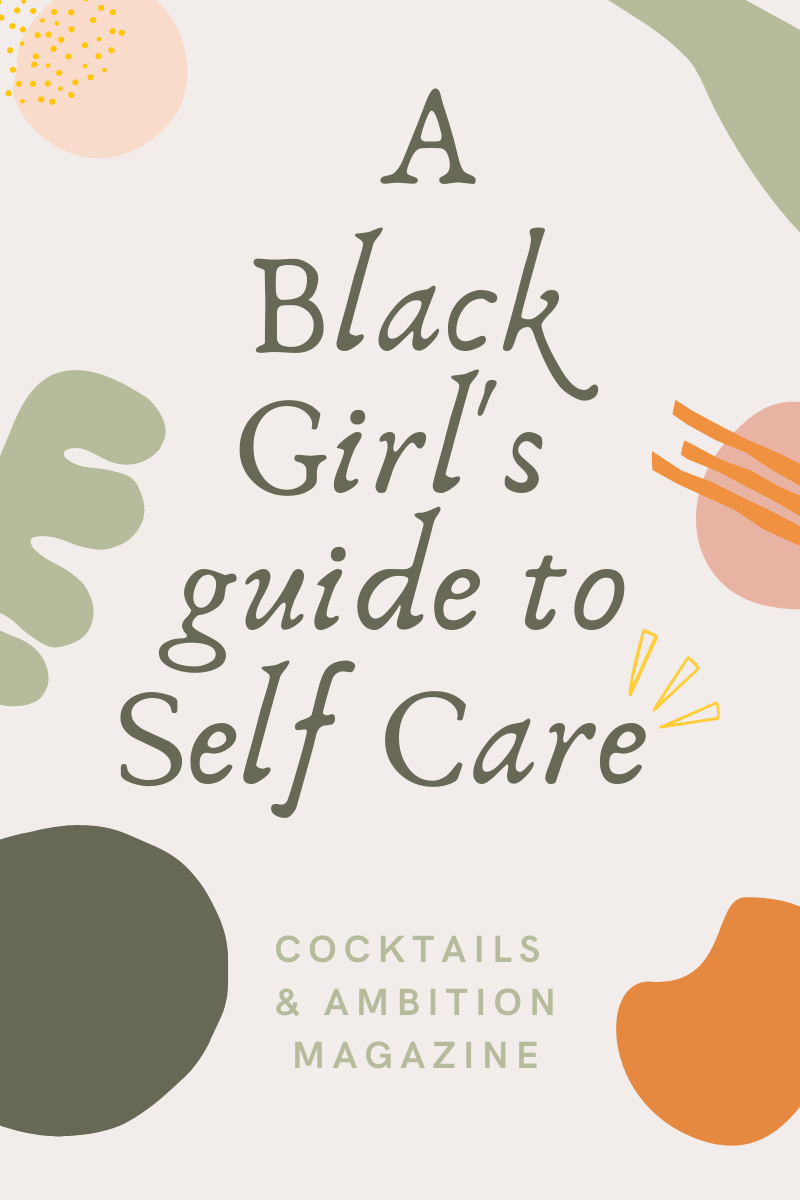University is seen as a time to advance yourself and prepare for your future career, however, many of us who have been or currently are in the university can attest to the fact that a lot the classes offered – while interesting– don’t do a lot in helping to acquire relevant career experience.
 Yes, we have learned how to study for midterms – at least some of us anyways, yes we do are best to get good grades, however, I wish future employers cared about these things too. Some of the companies you’ll be applying for a position within will not care that you received an A in accounting if you have no relevant work skills to back it up. Acquiring these skill can be challenging especially with the ever changing class schedules, midterms, exams and life in general but luckily is it is not completely impossible. There are ways to gain relevant work experience that can help you further your career and many of them are flexible enough for students
Yes, we have learned how to study for midterms – at least some of us anyways, yes we do are best to get good grades, however, I wish future employers cared about these things too. Some of the companies you’ll be applying for a position within will not care that you received an A in accounting if you have no relevant work skills to back it up. Acquiring these skill can be challenging especially with the ever changing class schedules, midterms, exams and life in general but luckily is it is not completely impossible. There are ways to gain relevant work experience that can help you further your career and many of them are flexible enough for students
Volunteer
We all understand the struggle of trying to gain work experience but to do that you needed to already have had work experience. It is honestly one of the most frustrating things to go through but there is a way to break out of this cycle and it is through volunteering. There are so many volunteer opportunities available to students and the best part about volunteering is that requires very little work experience. Volunteer positions are relatively easy to find and you can pick volunteer position that is relevant to your field of interest. For example, if you are studying communications there are many opportunities to volunteer as a social media coordinator, or as part of a communications team for an NGO. Likewise, if you are in health based program you can always find opportunities volunteering at a hospital. In addition many of these volunteer positions are not based on grades either so if you are in a science-based program or you cannot get a job as a research assistant there are many volunteer positions to work in labs so you can still get the experience. Volunteer positions pretty flexible and work with your schedule, so those extra two hours you have between classes don’t have to be spent perusing Instagram or Facebook.
Work/Study
A Work- Study program is a program by the school that employs students in various positions on campus while they are enrolled in school and I have personally had really great experiences with the program. The jobs offered are really convenient in terms of time commitment, location, and the variety of jobs offered. Some jobs are provided by different faculties so, the skills and terminology used on the job are usually very specific to programs offered by the faculty. In addition, because the jobs are provided by the school they understand that students have classes and that your academics come first so, in some positions you’ll only have to work anywhere between 10 -15 hours a week and from personal experience rarely during exam time. Not all schools have these programs and if your school does, it’s definitely a program worth enrolling in.
Internships
Internships are usually very challenging for some people, be it in terms of time commitments and pay. It often times seems like the really great internships are not as great in terms of pay and often require you to work full time. For most people on a college budget or hose dependent on student loans, this is not an option. However, there are flexible internships that only require you to work a few hours a week, although they are often unpaid they make up for it with the amount of experience you gain, flexibility and undemanding schedules. Finding Internships like these require a bit of digging but there are websites such as Levo.com, LinkedIn or Glassdoor that can help you find great internships.
There are internship/ co-op programs that can be added on to your university degree. These programs often times it requires you to graduate a semester or two later than usual but it is definitely worth it. Not only do you have access to career coaching through the school, you become highly experienced interviewing for jobs and when you do land that job, it is often a professional level job that is related to your field of study. Unlike volunteering, these types of programs usually have a minimum GPA required to be accepted and be in a certain level of study. If you do have all the requirements, do it! Don’t be intimidated by the work it required because the payoff is huge in the end.
these ideas are also perfect for those who do not yet have any work experience and would like to gain some.
Deb
What are some other ways to get relevant work experience? share your answers in the comments section 🙂




